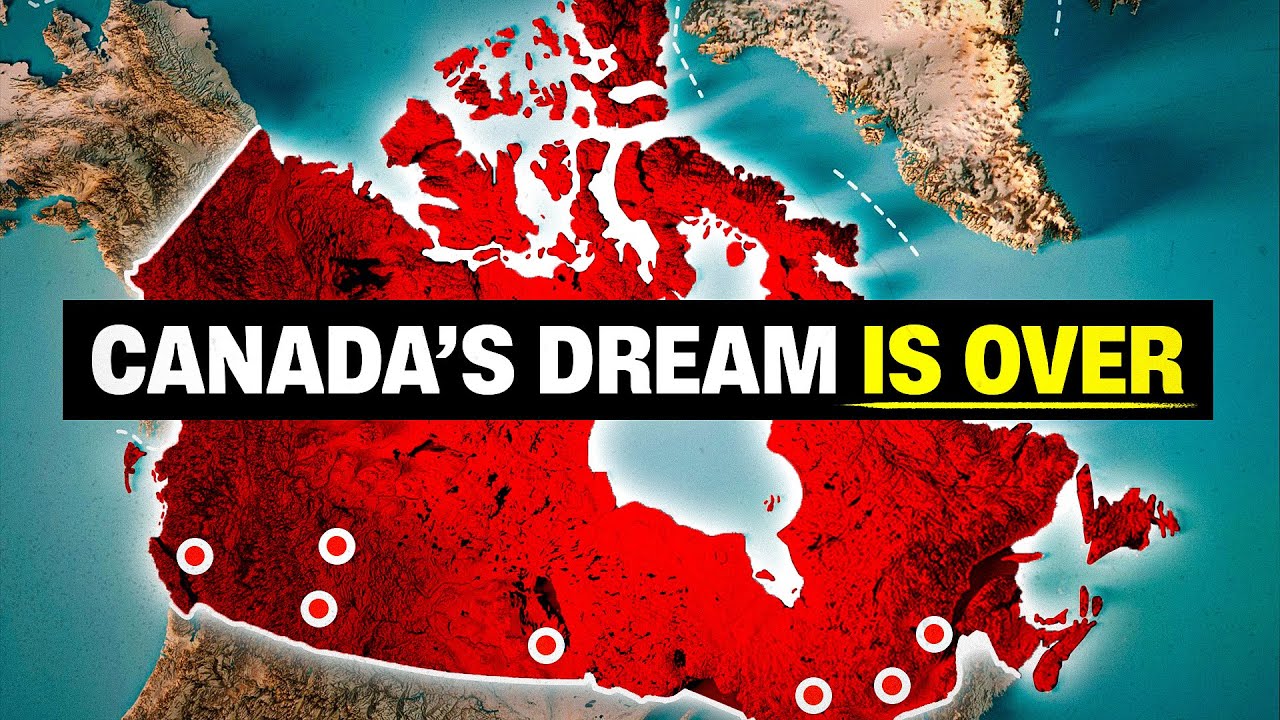
Death And Taxes: A New Take On An Old Problem
Authored by Robert F. Mancuso via RealClearMarkets,
Death and taxes. They are often called the only two certainties in life. Yet for countless family-held businesses, these inevitabilities collide when the owner passes away. There are millions of family-held businesses across this country. Many are at risk: when transferring ownership from one generation to the next, financial obligations often threaten the family business’s very existence.

Take, for example, the case of Courtney Silver and Ketchie, Inc., a third-generation machine shop based in Concord, North Carolina. Tragically, Courtney lost her husband to brain cancer, and at the same time had to focus on keeping the family business afloat. She was worried, as she testified before Congress just this month, about the “looming tax bill” that could have shut down the company. Her story mirrors many others who encounter unexpected tax liabilities following deaths in the family.
This year, Congress is set to debate on and legislate countless tax proposals, which will have far reaching impacts on communities, industries, and families across the country.
While debates over income taxes dominate headlines, comparatively little attention is given to federal estate taxes. In fiscal year 2023, the tax generated $33.7 billion—just 0.8% of federal revenue and 0.1% of GDP, according to the Joint Committee on Taxation. While it’s a drop in the bucket in terms of federal revenue, its impacts are far reaching.
According to Cerulli Associates, the “Great Wealth Transfer” underway will amount to as much as $124 trillion in inheritance through 2048. The Baby Boomer generation has started passing on its wealth to subsequent generations, and the sums involved only grow larger with every passing year. Much of this wealth is held in family businesses, whose valuations have soared due to inflation, asset appreciation, and robust market performance. A business worth $20 million a decade ago might now be worth $50 million – a figure that can trigger significant estate tax liabilities upon the founder’s death. For context, the Dow Jones Industrial Average was 17,832 in January 2015 and reached 41,938 in January 2025.
When a founder dies and the next generation inherits a thriving enterprise, the tax bill can be enormous. If the business’s heirs don’t have the liquidity to cover the tax, they may be forced to sell off assets, take on crushing debt, or, as is often the case: liquidate entirely.
Compounding matters, a dozen states and the District of Columbia impose estate taxes, and six others levy inheritance taxes. Maryland uniquely enforces both. Top state estate tax rates reach 20% in Hawaii and Washington, while seven states, including New York, Illinois, and Massachusetts, impose a 16% rate. Combined with the federal tax, these rates can exceed 50% of an estate’s value, jeopardizing the survival of family businesses.
This burden exists despite the immense contribution family businesses make to the economy. Representing nearly 65% of U.S. GDP and serving as the largest employer, these enterprises often lack the lobbying power of other industries. Pharmaceuticals, transportation, oil and gas, and agriculture all have advocates in Washington, ensuring legislation doesn’t cripple their industries. Family businesses, by contrast, must often fend for themselves.
Many are woefully unprepared. Although estimates vary, there are a minimum of five million family-held businesses in the United States; and, according to a 2021 Family Business Survey by PWC, only one-third have a documented succession plan in place. Confidentiality—valued by many families—often leads to secrecy about a business’s worth, even among family members. Add to this mix the complications of divorce or inter-family grievances, and the result is widespread unpreparedness for the inevitable.
When these businesses are forced to sell or liquidate simply to pay estate taxes, it is not just the families who lose. Employees lose jobs, communities lose vital institutions, and the economy loses key contributors to growth and innovation.
The Great Wealth Transfer presents an urgent call to action. Family businesses should prioritize planning long before a founder’s death to ensure they have enough liquidity to pay these estate taxes. Death is inevitable, but its timing is unknowable. Preparation is therefore critical.
Several proactive steps can mitigate the financial burden of estate taxes. These measures must be implemented while the founders are alive and well. From strategic estate planning to utilizing specific financial tools, families can ensure their businesses—and legacies—survive. The process requires education, commitment, and a deep respect for the sacrifices and hard work that built these enterprises.
By taking steps now, family businesses can secure their futures, protect employees, and guarantee thriving communities. Nothing is more vital than securing your family’s destiny and safeguarding the cornerstone of your shared future.
With proper planning, founders of family-held businesses can create a “new take on an old problem.”
Robert F. Mancuso was the first President and Chief Executive Officer of Merrill Lynch Capital Partners, the private equity arm of Merrill, and was an attorney with the Securities and Exchange Commission earlier in his career. He is the founder of White Knight Capital, which through its Capri Capital Partners Fund focuses exclusively on helping mid-sized family held businesses preserve their legacies.
Tyler Durden
Fri, 02/07/2025 – 20:05

















